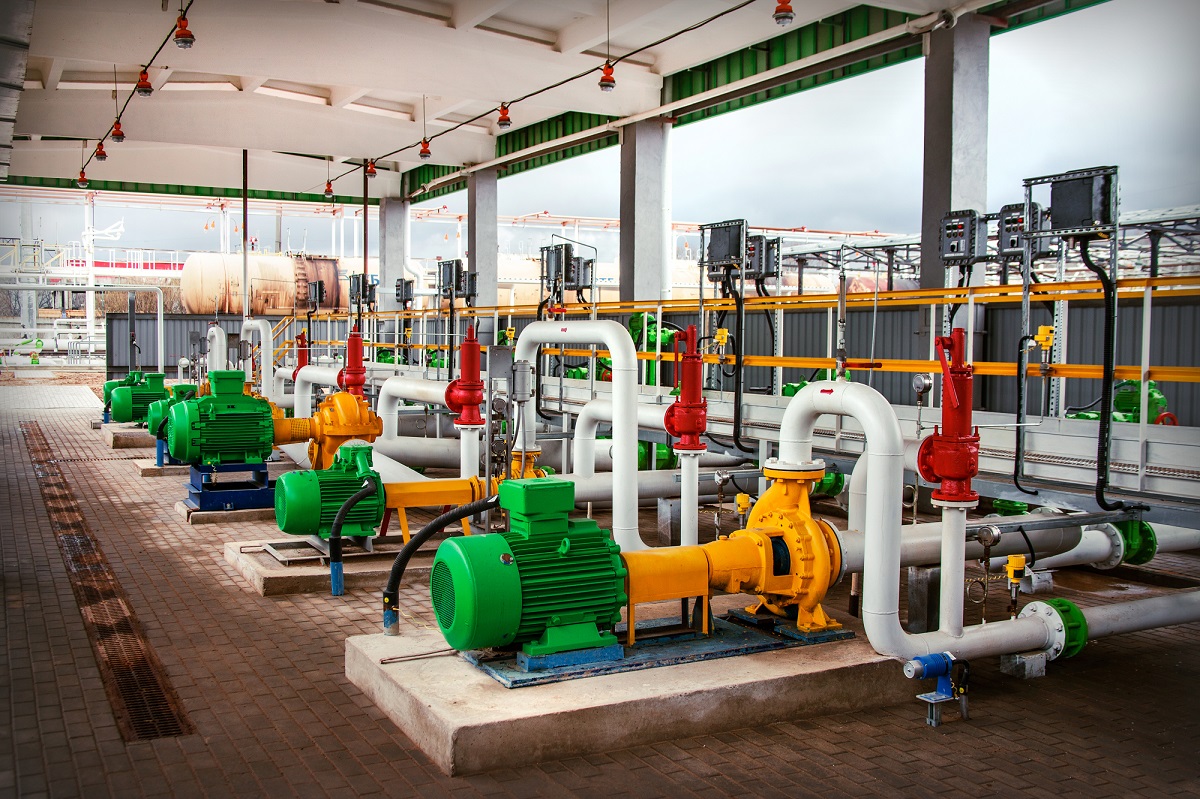The Functionality of Industrial Process Pumps
In the competitive world of modern manufacturing, efficiency and reliability are paramount. Industrial process pumps, essential components in many manufacturing processes, drive the movement of fluids such as water, chemicals, slurries, and oils through various production stages. Their seamless operation ensures that factories and plants maintain productivity, quality, and safety standards by enabling fluid transfer, ensuring proper flow rates, and maintaining necessary pressure levels. Whether mixing ingredients in the food and beverage industry, handling corrosive chemicals in pharmaceuticals, or moving heavy slurries in mining, these pumps are integral to maintaining efficiency and functionality.
Functionally, industrial process pumps convert mechanical energy from a motor into hydraulic energy to move fluids through the system. Different types, like centrifugal, positive displacement, or diaphragm pumps, are used based on specific requirements and conditions. Designed for durability and reliability, these pumps can withstand the demanding environments of manufacturing plants. Exploring these industrial pumps in more depth reveals their diverse applications, the technology behind their operation, and the innovations that enhance their performance in modern manufacturing.
Types of Industrial Process Pumps
- Centrifugal Pumps: These pumps use a rotating impeller to add velocity to the fluid and convert this kinetic energy into flow. They are commonly used for liquids with low viscosity and are ideal for transferring large volumes of fluid at low pressures.
- Positive Displacement Pumps: These pumps trap a fixed amount of fluid and then force (displace) it through the discharge pipe. They are highly effective for high-viscosity fluids and applications requiring precise flow control.
- Diaphragm Pumps: These pumps use a flexible diaphragm to create a chamber that increases and decreases in volume, moving fluid in and out of the pump. They are suitable for handling abrasive and corrosive fluids, and are widely used in the chemical and pharmaceutical industries.
Applications in Various Industries
- Food and Beverage: Industrial process pumps are crucial for mixing ingredients, transferring fluids, and maintaining hygiene standards. Centrifugal pumps are often used for their ability to handle large volumes of liquid quickly, while positive displacement pumps are ideal for viscous products like syrups and sauces.
- Pharmaceuticals: Handling corrosive chemicals and maintaining sterility are critical in this industry. Diaphragm pumps are favored for their gentle handling of sensitive fluids and their ability to be easily cleaned and sterilized.
- Mining: The movement of heavy slurries requires robust pumps that can handle abrasive materials. Positive displacement pumps are often used due to their ability to maintain consistent flow rates under varying pressures.
- Oil and Gas: Pumps in this industry must handle high pressures and temperatures. Centrifugal and positive displacement pumps are used for transporting crude oil, refined products, and other fluids.
Technological Innovations
Advancements in pump technology continue to enhance the performance, reliability, and efficiency of industrial process pumps:
- Smart Pumps: Equipped with sensors and IoT connectivity, smart pumps provide real-time monitoring and data analysis, allowing for predictive maintenance and reducing downtime.
- Energy Efficiency: Modern pumps are designed to minimize energy consumption. Variable frequency drives (VFDs) adjust the pump speed to match the system’s demand, resulting in significant energy savings.
- Materials and Coatings: Innovations in materials, such as corrosion-resistant alloys and advanced coatings, extend the lifespan of pumps and reduce maintenance costs.
- Seal-less Pumps: Magnetic drive pumps eliminate the need for seals, reducing the risk of leaks and contamination, which is especially important in the pharmaceutical and food industries.
Conclusion
Industrial process pumps are the unsung heroes of modern manufacturing, ensuring the smooth and efficient operation of countless processes. By understanding the different types of pumps, their applications, and the latest technological innovations, manufacturers can make informed decisions to optimize their operations. The ongoing evolution of pump technology promises even greater efficiency, reliability, and sustainability in the future, cementing the vital role of these pumps in the manufacturing landscape.
By prioritizing the selection and maintenance of the right industrial process pumps, businesses can enhance productivity, ensure quality, and maintain the highest safety standards in their operations.
